Posted on:
12th September, 2024
Local leaders help to end digital poverty
Thursday 12 September sees the second annual End Digital Poverty Day, an event initiated and hosted by the Digital Poverty Alliance (DPA) - the Business Board Network are proud to support the event and are also members of the DPA’s National Delivery Committee.
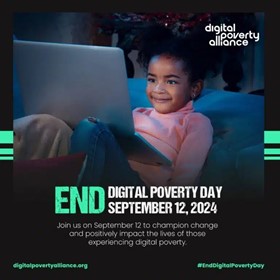
Boosting access to health services for older people, getting more people using online services, and boosting digital capabilities of business and communities are just some of the initiatives underway across the business board network throughout the country to mark ‘End Digital Poverty Day’.
Local skills and business leaders are profiling projects they initiated that are helping people to break out of digital poverty by building their digital confidence through better access to digital tools and developing their digital skills. End Digital Poverty Day – run by the Digital Poverty Alliance (DPA) – is supported by the Business Board Network who are also members of the DPA’s National Delivery Committee.
Business Board Network CEO, Mark Livesey, said:
“Ending digital poverty isn’t just a slogan – it’s essential to ensuring everyone can benefit from a growing economy in which digital skills have an increasing role. Digital inclusivity doesn’t just benefit individuals, it underpins our economy and enables the economic growth we desperately need.
“The examples we see today from local business leaders and councils across the country are exactly the type of concerted action needed if we are to end digital exclusion and get our local economies moving for everyone – and that’s what the Business Board Network is all about.”
Digital poverty is the inability to interact with the online world fully, when, where and how an individual needs to. 1 in 7 adults and 1 in 5 children in the UK are digitally excluded. This divide exacerbates socio-economic disparities, severely limiting access to education, employment and social interaction.
Areas benefitting from ending digital poverty initiatives include:
- Lancashire
The skills hub are overseeing a ‘Digital Freedoms’ project which built on the work that they did during the pandemic. Digital Freedoms 50+ is focused on providing older residents with digital devices, data and digital skills to help them cope with the accelerated switch to digital during lockdowns – with a particular focus on enabling Lancashire residents to engage with health services online. Digital Freedoms 18+ is the second iteration of the project. The programme targeted digitally excluded residents, distributing devices with skills support to improve resident's confidence in accessing online services, particularly health related. The primary aim being to improve health and wellbeing, reduce social isolation and improve employability. Nearly a thousand digitally excluded residents were supported through the project.
- Leicester & Leicestershire
They produced their Leicester and Leicestershire digital inclusion report 2024 - amid increasing use of basic digital skills in the workplace, along with accessing services, learning and using technology in the workplace, the research aimed to develop a fuller understanding of the challenges related to digital exclusion in their area. Some of the findings revealed:
- Challenges such as access, skills and connectivity have improved since Covid.
- Some issues with digital poverty remain and impact different age groups in different ways.
- The most disadvantaged are still at greatest risk of digital poverty.
- Programmes/training to address upskilling need to be better/differently promoted to expand awareness and access.
A more detailed area mapping of digital skills is underway to help assess area gaps.
- Norfolk
The current standout project is ‘Tech Skills for Life’ which supports residents living in West Norfolk, North Norfolk and Great Yarmouth. They have a team of Community Tech Coaches that help people to access laptops, tablets and internet data plus give advice about affordable broadband. They also teach people the skills that will make technology easier to use and build confidence around using the internet safely. They work with the NHS and a range of volunteer groups and local community organisations to make sure that everyone can use technology and access essential online services if they want to.
- Oxfordshire
The Oxfordshire LEP (OxLEP) are running a ‘No Limits’ programme with a £1.7m suite of targeted interventions benefiting Oxfordshire businesses and communities. It provides up to 30 hours of 1-1 employability support, digital training, travel bursaries, Wi-Fi dongles, devices and data top ups across Oxfordshire. The programme has helped over 530 people get support with digital devices across the region.
- West Yorkshire
Their Digital Inclusion West Yorkshire programme focuses on building the capacity of community organisations to deliver digital skills and access to those who are digitally excluded in local settings, across the West Yorkshire region. They also enable organisations to find and apply for funding and resources to increase digital inclusion.
- York and North Yorkshire
They are running a digital inclusion project under the UK Shared Prosperity Fund. They are providing a digital support package for community, voluntary and public sector organisations to enable them to create digital hubs across North Yorkshire. The package of support includes capital funding for equipment and infrastructure plus revenue funding for the development of the hubs including staffing costs and volunteer recruitment. There is also a training package to upskill volunteers and employees as digital champions. This includes digital essentials training through a licence, wrap around training (train the trainer, mental health first aid) and an ongoing resource library. The aim is to build capacity in the community to reduce social isolation and promote digital inclusion and want the hubs to be sustainable and continue after the funding has ended.
A more detailed rundown of initiatives to help end digital poverty is available here.





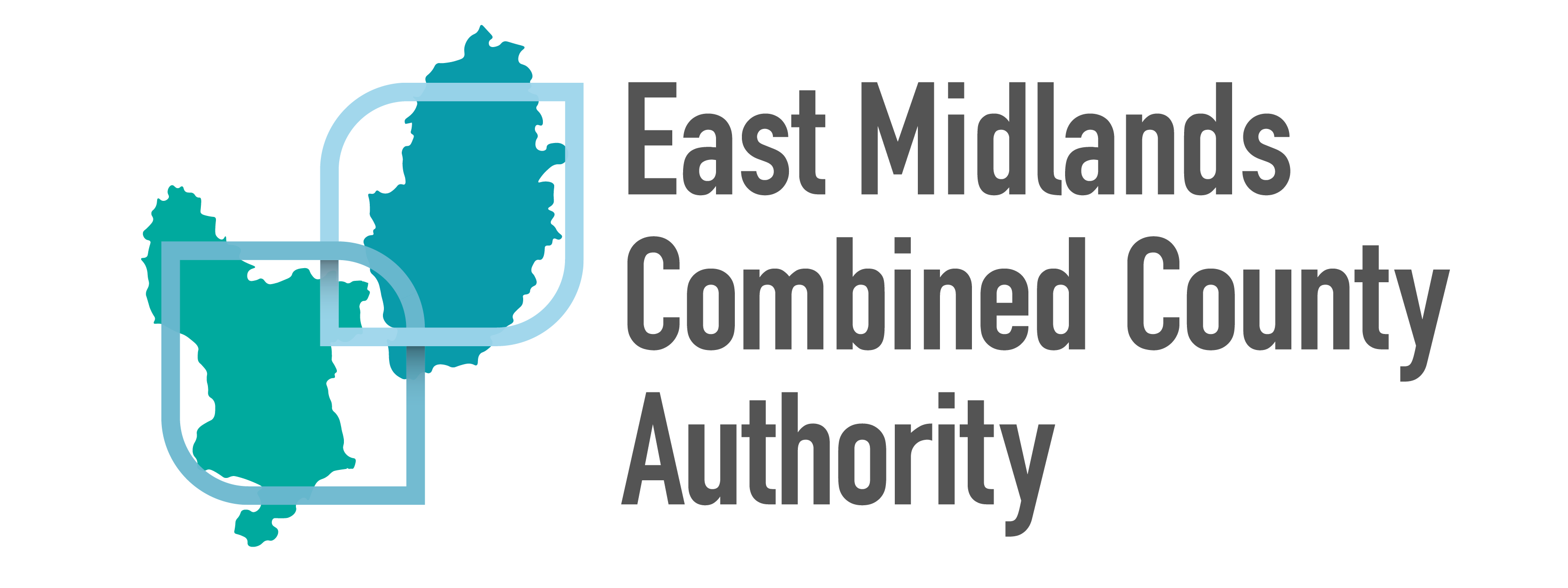


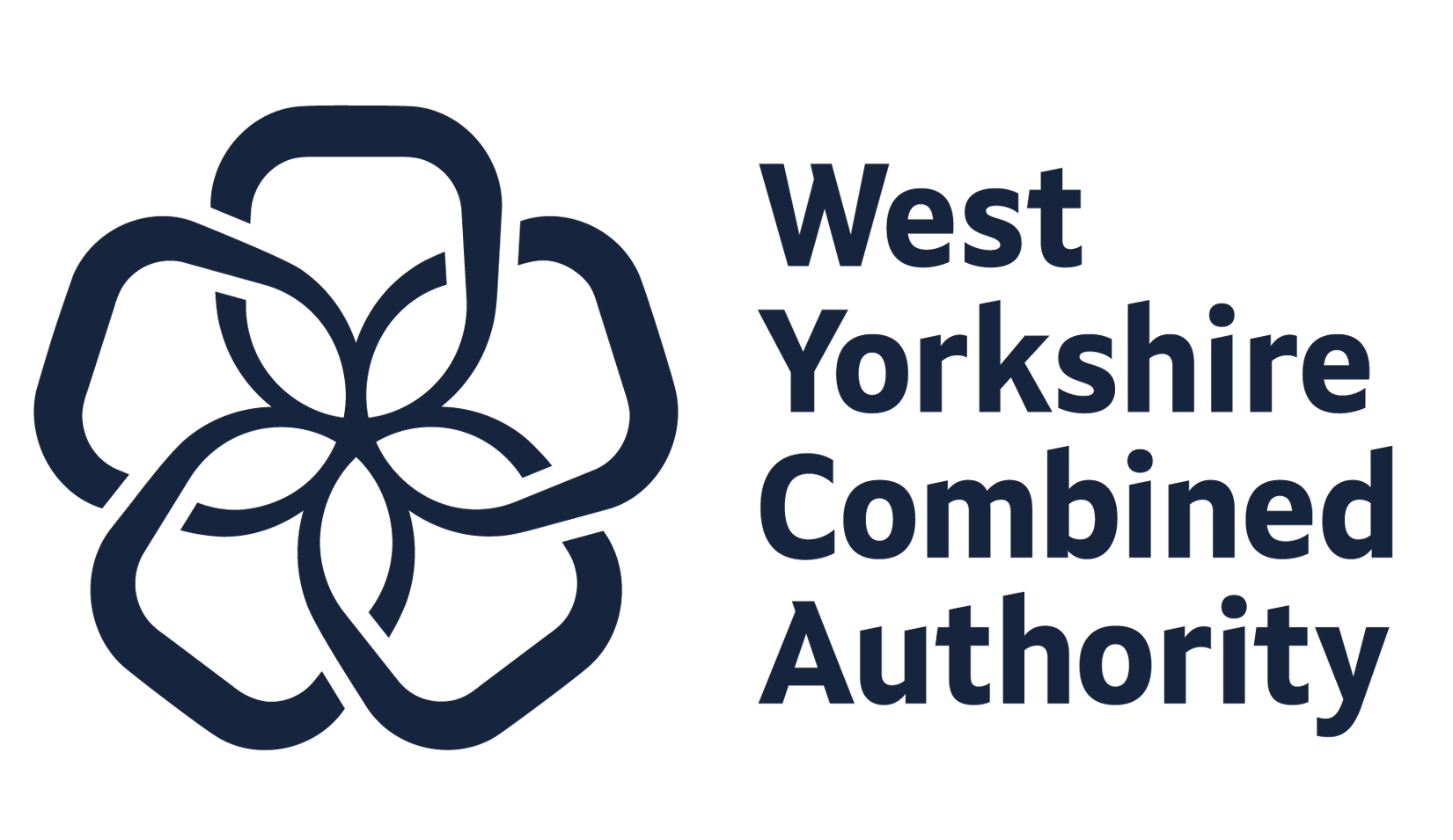




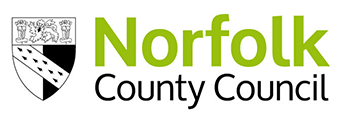


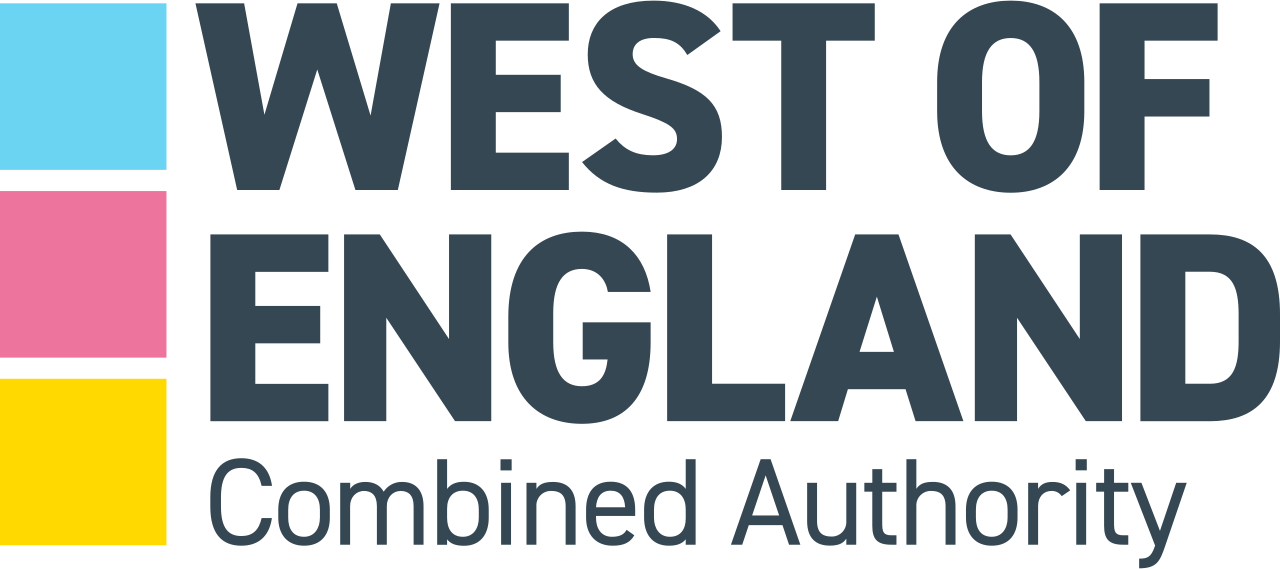

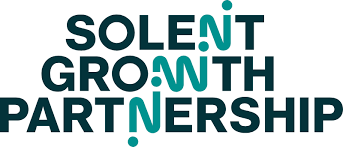


 Back
Back
 View cookie policy
View cookie policy